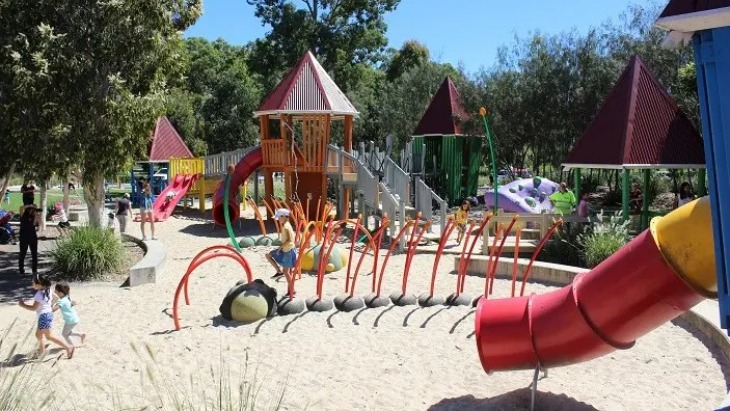6 Tips for Keeping Indoor Soft Play Centers Hygienic

The Covid-19 pandemic may be over now, but the lessons it left behind are still here and there’s an increased awareness surrounding hygiene. If you operate an indoor soft play, you have a duty of care to your guests, which involves keeping your equipment well-maintained and clean. If you need a few pointers for getting this right, continue reading below.
Display Clear Rules and Guidance
Keeping your play area hygienic will call for a little support from guests, which is why you need to have “rules of play” displayed clearly at the entrance - consider including the following:
-
- Visiting the toilet and washing hands before playing.
-
- Taking shoes off before using the equipment.
-
- No bare feet anywhere in the facility - wearing socks when shoes are removed.
-
- Using hand sanitizers provided.
Place Hand Sanitizer Around
Even though national Covid-19 regulations have pretty much disappeared, you still need to keep hold of the lessons learned. For example, even though having hand sanitizers may not be mandatory anymore, it’s good practice for hygiene and reducing bacterial spreading.
Deep Cleaning Every Six Months
Daily cleaning is essential for all indoor play areas, but you’ll need a little more to increase the longevity and overall hygiene of the space. With this in mind, you should aim to have your play equipment deep cleaned every six months. Essentially, this allows you the time to reach every single corner of the premises, which will leave the space feeling new.
Introduce a Fogger to Your Daily Schedule
Wiping and rinsing play equipment is pretty time-consuming and there’s plenty of margin for missed parts. However, more indoor play centers are using a cold fogger (fogging machine), which mists equipment with a disinfectant. These machines are easy to use and require very little effort, which is why you should integrate them into your daily cleaning schedule.
Pay Special Attention to Ball Pools
Ball pools are great fun regardless of what age you are, but they’re also a breeding ground for harmful bacteria. On top of regular cleaning of every ball and the pit, you’ll have to put a special process in place. For example, if a visitor has an accident while they’re playing, you’ll have to close the entire area while your team carries out a full clean.
If you’re still designing your indoor play area or having the space re-worked, you should explore alternatives to having a ball pool. After all, while the area is closed, the availability of equipment is reduced, and guests may choose to go elsewhere.
Use Anti-Microbial Materials
While we’re on the topic of designing indoor play areas, you should put considerable thought into the type of materials you’re using. Even though hard surfaces are seen as a traditional standard, you must be aware that germs will cling to these surfaces for longer. However, anti-microbial fabrics can limit the spread of germs and storage of germs on the surface.
Hygiene is an important part of any business, and especially indoor play areas that attract harmful bacteria. Use the tips outlined above to make sure you’re getting it right.







